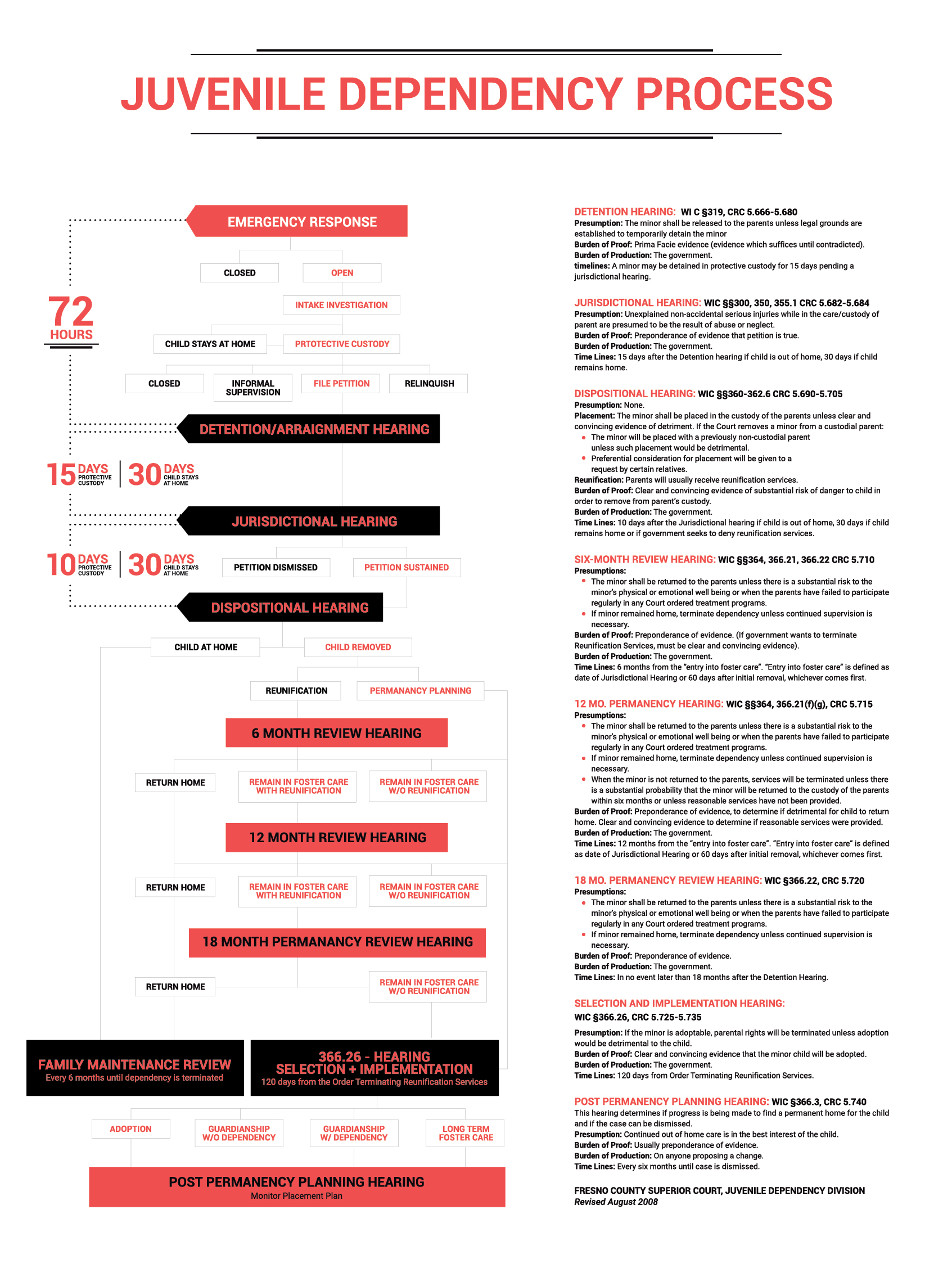The Influence of Procrastination, Emotional Dependency, and Impostor Syndrome on Daily Life
The Influence of Procrastination, Emotional Dependency, and Impostor Syndrome on Daily Life
Blog Article
In the modern age, people often face internal obstacles that affect their daily lives. Among these, procrastination, emotional dependency, and impostor syndrome are some of the most common challenges. What can you do to break free from these patterns?
This article, we will explore the root causes and strategies to address these three challenges. By understanding their impact and learning to manage them effectively, you can take control of your life.
What is Procrastination?
Procrastination refers to postponing important activities despite knowing their importance. It often stems from fear of failure, lack of motivation, or poor time management.

The effects of procrastination, can be far-reaching. Overcoming procrastination requires practicing self-discipline and creating actionable plans. Consider techniques como deixar de ter dependencia emocional like the Pomodoro Technique or focusing on time-bound goals to stay on track.
The Nature of Emotional Dependency
Emotional dependency is a state where a person depends excessively on external relationships to fulfill their emotional needs. While human connection is essential, emotional dependency can become unhealthy when self-esteem is tied solely to others’ approval.

Common signs of emotional dependency include a fear of rejection, difficulty making decisions independently, and constant seeking of external approval. Breaking free from this pattern, it’s crucial to develop self-awareness and cultivate self-reliance. Engaging in personal development activities and professional guidance can be helpful tools.
Recognizing and Managing Impostor Syndrome
Impostor syndrome refers to a psychological phenomenon where individuals doubt their accomplishments despite evident success. People with impostor syndrome tend to undermine their abilities rather than recognizing their talent and hard work.

This mindset can lead to anxiety, self-doubt, and hesitation to pursue new opportunities. Addressing this issue involves challenging self-critical beliefs and celebrating accomplishments. Seeking feedback from trusted peers and setting realistic expectations can support personal growth.
Steps to Overcome Procrastination, Emotional Dependency, and Impostor Syndrome
Here are some practical steps:
- Create a routine to combat procrastination and break larger tasks into smaller milestones.
- Recognize triggers that contribute to your emotional reliance and foster personal resilience.
- Practice gratitude to counter impostor syndrome and seek professional guidance if needed.
procrastinação o que é
cotovelos pontudos
Consistency is key, so stay committed to these approaches to achieve lasting transformation.
Conclusion: Taking the First Step
Procrastination, emotional dependency, and impostor syndrome can feel overwhelming, but you can overcome them by taking deliberate action. With awareness and consistent effort, you pave the way for a healthier, more fulfilling life.
Take the first step by recognizing these patterns in your life and implementing small but meaningful changes. Remember: progress is a journey, not a destination.
Report this page